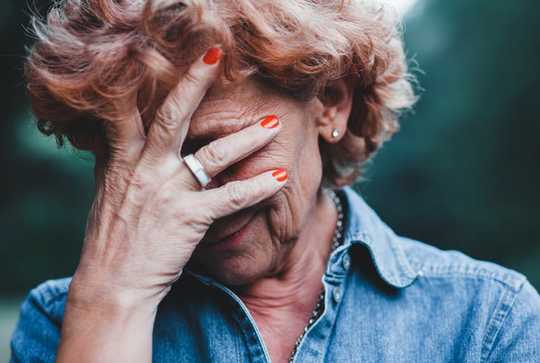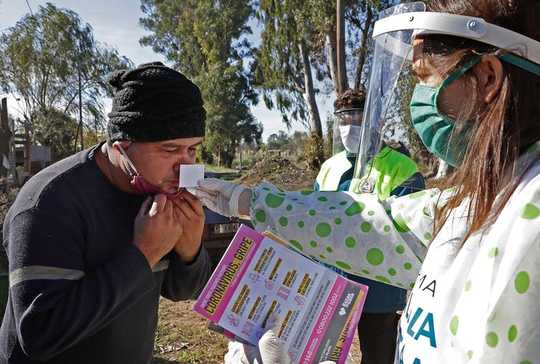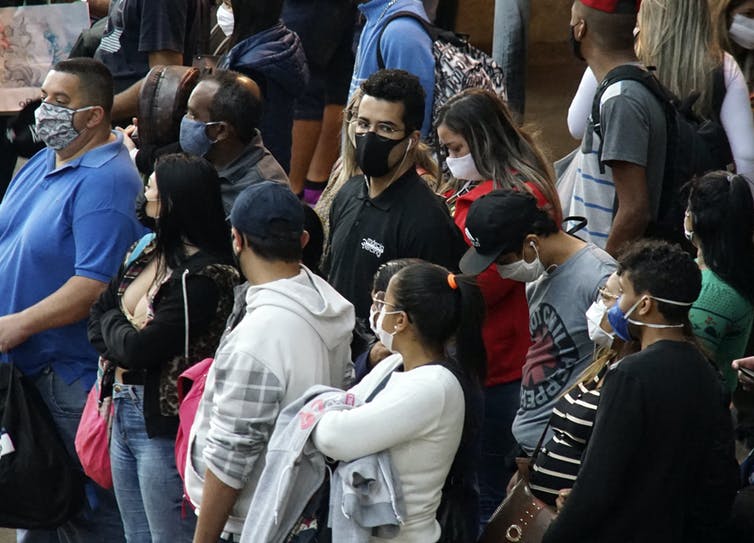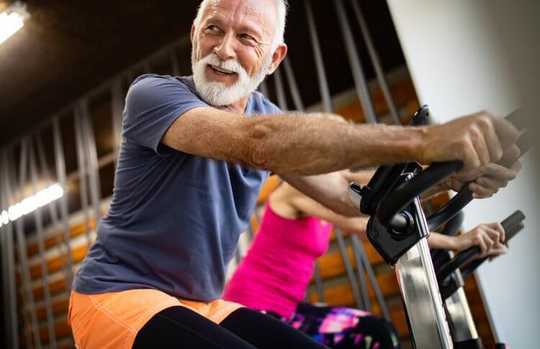
Eastern medicine is no stranger to plagues. Epidemics have been a major contributing factor to the evolution of traditional medicines for at least the last two thousand years. There are numerous treatises on the nature of pathogens, how they invade and travel through the body, and how to treat the body so it can push them back out.
- By Tim Spector

In the UK, around one in three adults are obese and many more are overweight. In the US, around two in five adults and nearly one in five children are obese.

There no cure, but reports indicate that approximately a third of dementia cases may be preventable, which is why many researchers have begun to focus on identifying risk factors.

Perhaps the most important question now about COVID-19 is the degree to which a prior infection protects from a second infection by the new coronavirus.

Cluster headache is more than just a headache. It is a severe neurological condition, sometimes known as a “suicide headache” because many patients have suicidal thoughts during attacks.

Many people in the community are wearing face masks and gloves in an attempt to protect themselves against the coronavirus.
- By Peter Rogers

You’re eating in a calorie deficit, are exercising a few times a week, and are getting close to your weight loss goal.

The COVID-19 pandemic and resulting economic shutdowns have severely disrupted and spotlighted weaknesses in the U.S. food system.

SARS-CoV-2, the virus that causes COVID-19, is here to stay for the summer. What happens next, though, is unclear.

During menopause, estrogen levels drop, leading to a number of unpleasant symptoms.

Vitamin D has emerged as “the vitamin of the decade”, with a long and growing list of maladies supposedly caused through its absence or prevented through its bountiful supply.

Have you noticed an increase in your level of agitation, anxiety, or distress? Are you more volatile, all over the map, emotional, or depressed? Are you carrying around emotions and fears that you know are not yours or that are expressing themselves at an amplified, more-than-just-you level?

In March 2020, Google searches for phrases like “can’t taste food” or “why can’t I smell” spiked around the world, particularly in areas where COVID-19 hit hardest.
- By Wuyou Sui

With the Canadian government continuing to recommend physical distancing measures, many people are finding themselves confined to their homes more than ever before.

Elizabeth McGraw, the director of the Center for Infectious Disease Dynamics at Pennsylvania State University, explains the evidence and why superspreaders can be crucial to a disease’s transmission.
- By Angie Hunt

In new research, replacing long periods of sitting with sleep was associated with lower stress, better mood, and lower body mass index.

When I noticed my 12-year-old son was spending about seven hours a day doing his school work online due to the COVID-19 pandemic, I immediately became concerned.

People who weigh themselves regularly are more successful at losing weight and keeping it off. But standing on a scale, in itself, doesn’t help people to magically lose weight.

As the new coronavirus was rapidly spreading in February and March 2020, many governments introduced stringent lockdown measures.

Even just a bit of intense physical activity prompts a “clean-up of muscles” as the protein Ubiquitin tags onto worn-out proteins and causes them to degrade, according to a small study.

If your blood test results suggest you’re low on vitamin D, you’re not alone – nearly one-third of the Australian population isn’t getting enough of the sunshine vitamin.

Records from the 1918 pandemic suggest one technique for dealing with influenza — little-known today — was effective. Some hard-won experience from the greatest pandemic in recorded history could help us in the weeks and months ahead.

If your preschooler pushes their dinner plate away or wages battles against taking another bite of a vegetable they don’t like, they may not grow out of it anytime soon, according to a new study.














